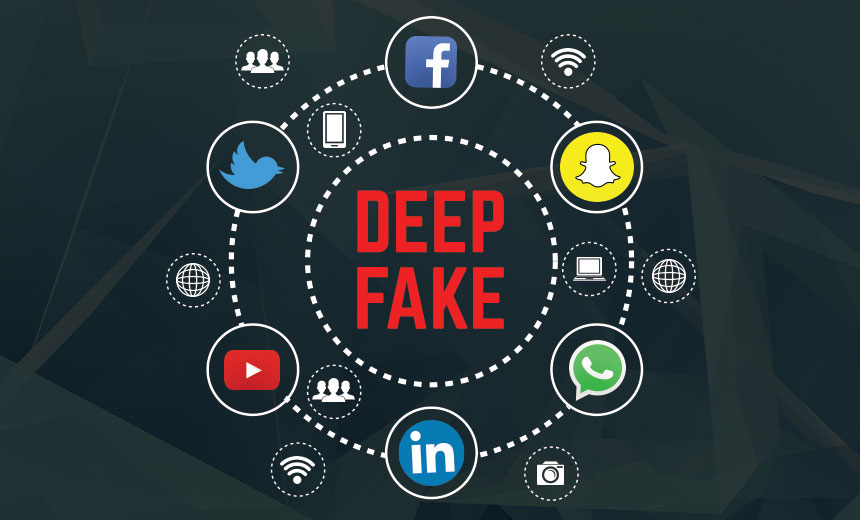
Image Source: bankinfosecurity
Introduction
The Indian IT Ministry has recently issued a stern warning to social media sites regarding the proliferation of deepfakes. Deepfakes, which are AI-generated videos or audio recordings that can manipulate content to make it appear as if someone said or did something they never actually did, pose a growing concern for the government. This development has far-reaching implications from a UPSC (Union Public Service Commission) perspective as it touches upon issues of cybersecurity, misinformation, and the legal framework surrounding technology.
What are Deepfakes?
Deepfakes are artificial intelligence-based technologies that use machine learning to create highly convincing fake content. This content can be manipulated to replace the face and voice of an individual with another person's likeness. These videos or audio recordings are so convincing that they can easily mislead people into believing they are real, which can have serious consequences, including spreading misinformation and disinformation.
Why the Warning?
The IT Ministry's warning to social media sites is primarily driven by concerns related to the potential misuse of deepfakes. These concerns include:
- Misinformation: Deepfakes can be used to create false videos or audio recordings of public figures, politicians, or other individuals, leading to the spread of misleading information.
- Defamation: Individuals can be targeted with malicious deepfake content, causing harm to their reputation.
- National Security: Deepfakes can be employed for espionage and cyberattacks, posing a threat to the nation's security.
Implications for UPSC Aspirants
Aspirants preparing for the UPSC examination should take note of the following implications:
- Security Concerns: The government's focus on deepfakes highlights the growing importance of cybersecurity. UPSC candidates must be well-versed in the latest cybersecurity threats and measures.
- Media Literacy: Understanding deepfakes and their potential impact is essential for media literacy. UPSC questions may touch upon the importance of media literacy in the digital age.
- Legal Framework: As technology advances, the legal framework must adapt. Aspirants may expect questions related to the need for updated laws to address deepfake issues.
- Government Initiatives: Being aware of government initiatives and policies is crucial for the UPSC. Stay informed about actions taken by the IT Ministry and other relevant authorities to address deepfakes.
Conclusion
Deepfakes are a pressing concern in today's digital world. The IT Ministry's warning to social media sites underscores the need for vigilance and preparedness in the face of evolving technology. UPSC aspirants should not only be aware of these developments but also critically analyze their implications for governance and national security. The ability to tackle emerging challenges like deepfakes is essential for those seeking to serve the nation through the civil services.